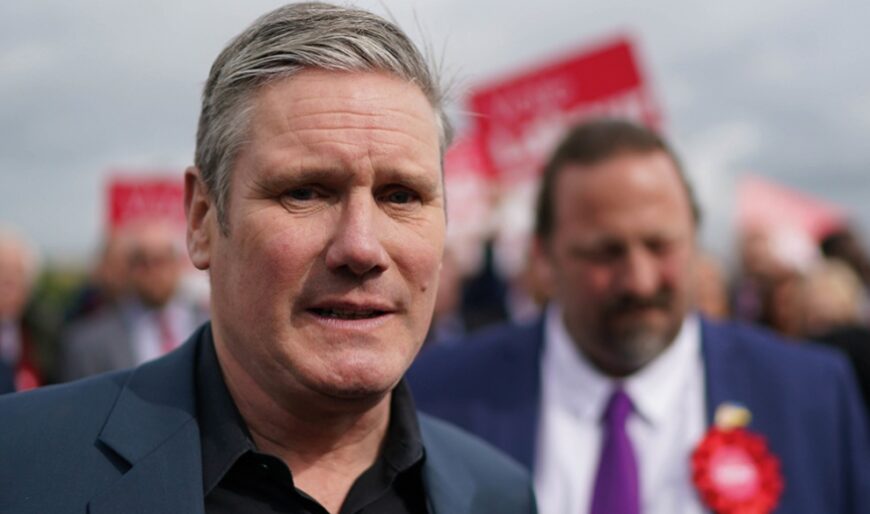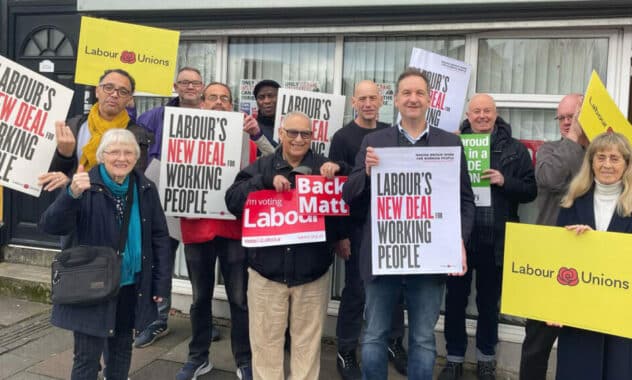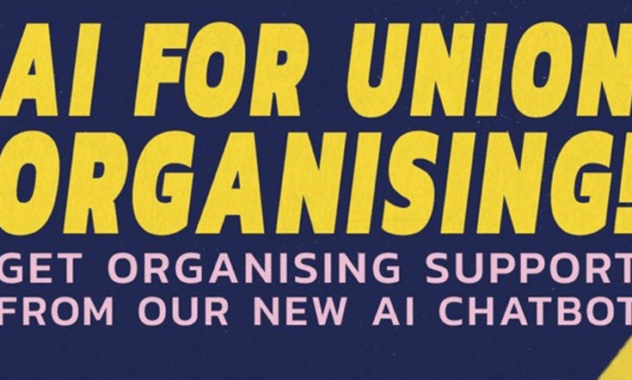Four questions for Keir Starmer on trade union freedom
The Morning Star reports on the Campaign for Trade Union Freedom fringe meeting at Unite's policy conference

On the day the Unite policy conference discussed and agreed on a series of policy motions calling for the repeal of anti-trade union laws, the Campaign for Trade Union Freedom (CTUF) held a fringe meeting with a powerful platform of speakers, chaired by CTUF’s Tony Burke.
Two representatives from the St Mungo’s strike, Miranda Pettifor and Woody Faulkner, outlined the importance of the work they do for some of the most vulnerable people in the community. Thanking Unite for the support they had given, they called on delegates to back the strikers — and delegates responded with a collection.
Andy Greene, the national secretary of CTUF and the new chair of Unite, explained how his knowledge and experience of the docks had instilled in him a determination to resist the anti-trade union laws. He said the movement had complied too much with the salami-sliced legislation introduced since 1989 — ballots, elections, restrictions on the right to strike and to picket.
These attacks on trade union freedoms led to the decline in the proportion of money going to workers and to the growth in inequality experienced across Britain.
Now, he said, the Strikes (Minimum Service Levels) Bill took those attacks to a new level and had to be resisted. He noted how trade unions throughout Europe have far more freedoms than workers in Britain and said the movement needs to decide what we will do when the first striker is sacked or the first union fined.
Professor Keith Ewing, president of the Institute of Employment Rights, then suggested four questions that delegates might put to Keir Starmer when he visits conference today.
First, is the Labour Party still committed to introducing a single status of worker to ensure that employment rights are universal in their coverage?
Second, will the roll-out of sectoral collective bargaining, as outlined in Labour’s policy paper A New Deal for Workers, remain central to their programme and extend beyond the care sector?
Third, what is Starmer’s strategy for protecting the rights of workers to take industrial action and the freedom of unions to support their members? Repealing the Strikes (Minimum Service Levels) Bill — a modern-day form of conscription — is essential, but the repeal of other anti-trade union laws will also be required.
Finally, how does Starmer propose to make the changes to employment rights operate effectively? Laws alone are not enough. History shows us that if workers are to be adequately protected they need a voice at the heart of government. We need a Ministry of Labour (not a Business Department) headed by a minister of labour with a seat at the Cabinet table to represent the interests of workers.
Judith Kirton-Darling, deputy general secretary of IndustriAll Europe, finished off by bringing international solidarity to workers in struggle and unions under attack, not just in Britain but in Belgium and Italy too.
This article was first published in the Morning Star. We thank them for permission to reproduce it here.







